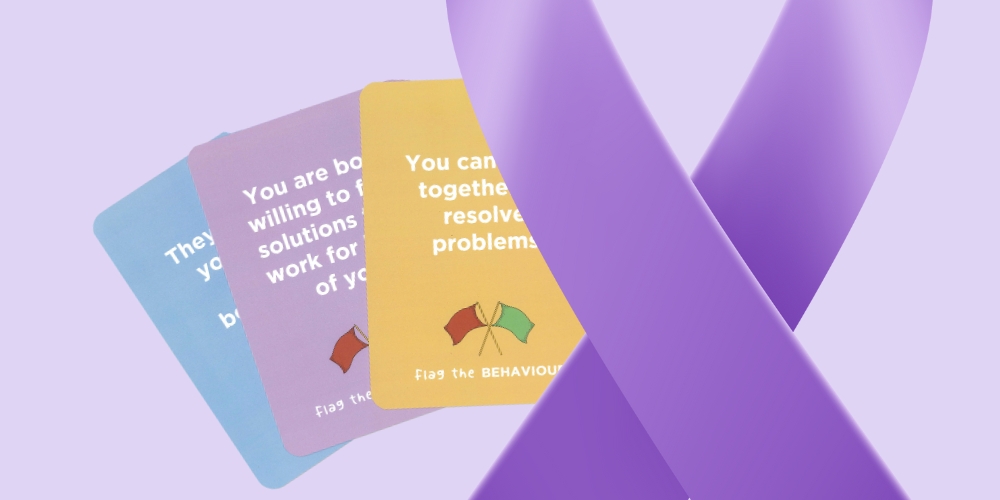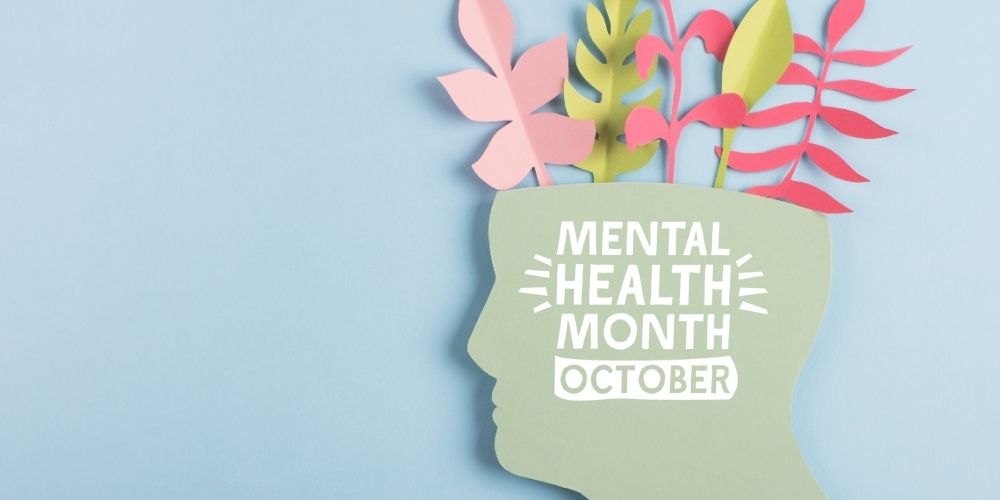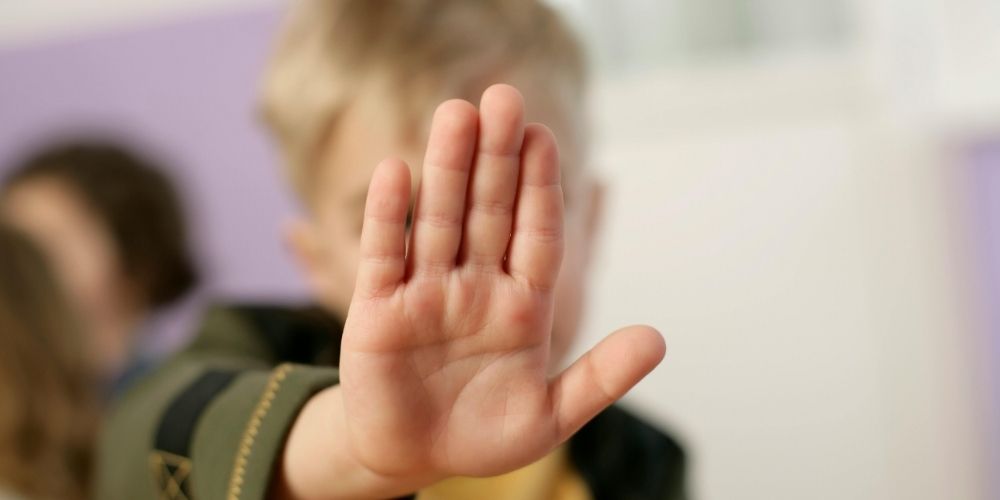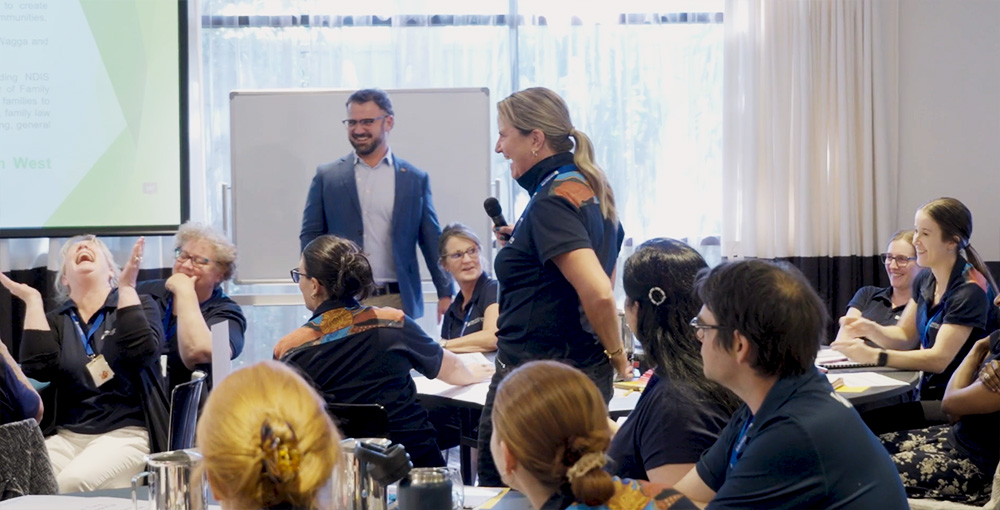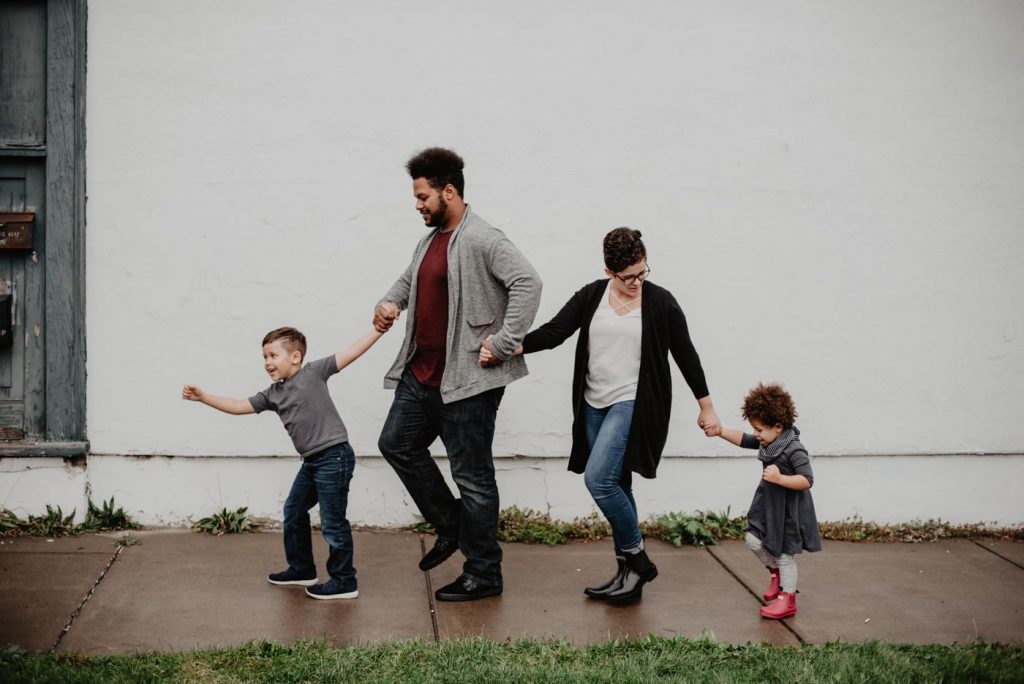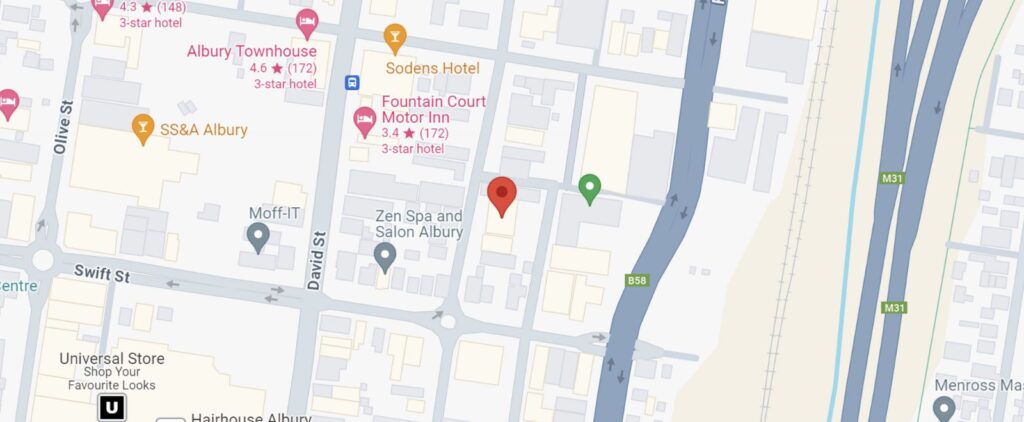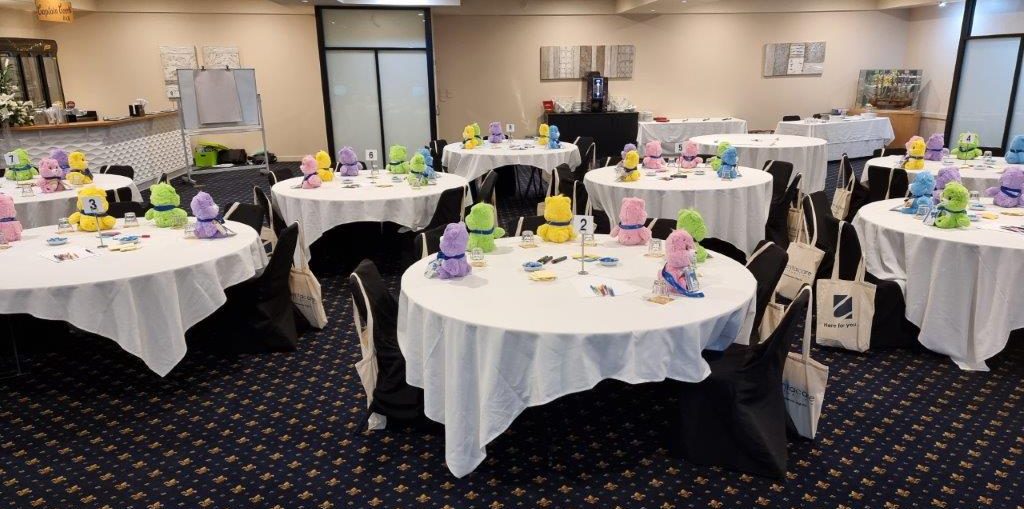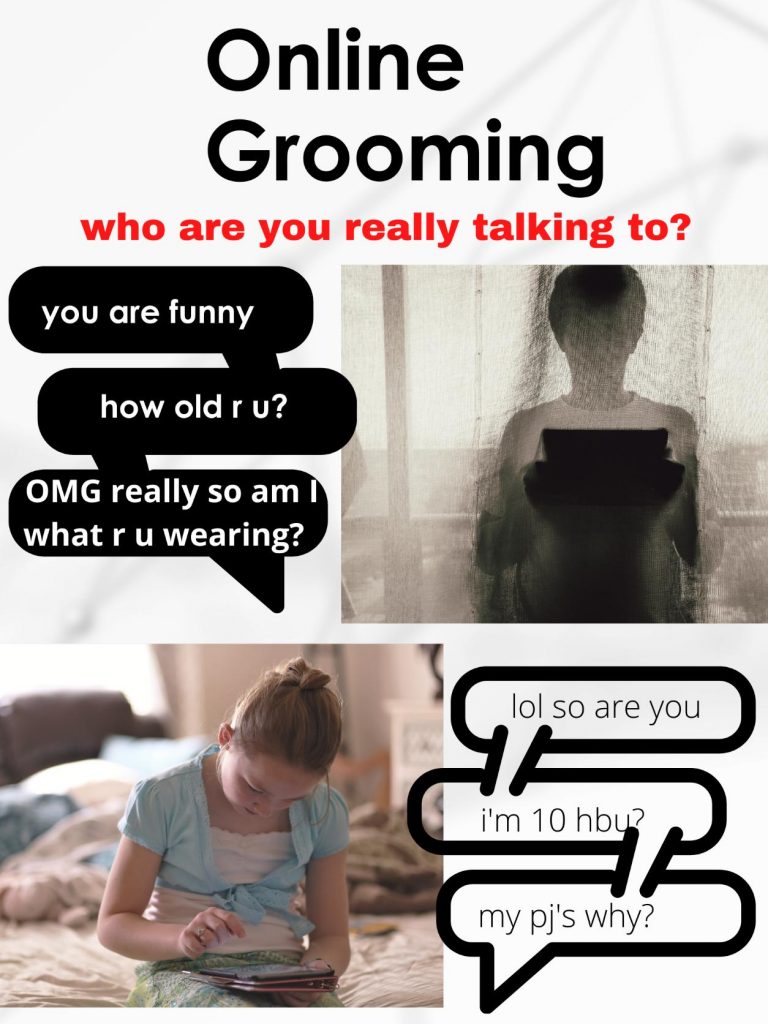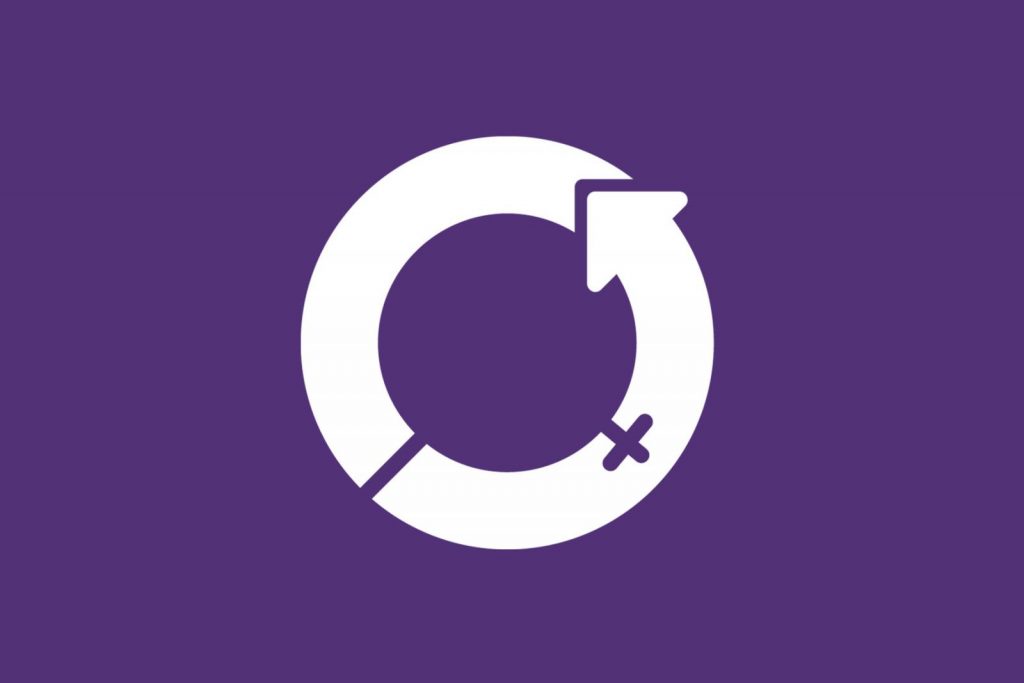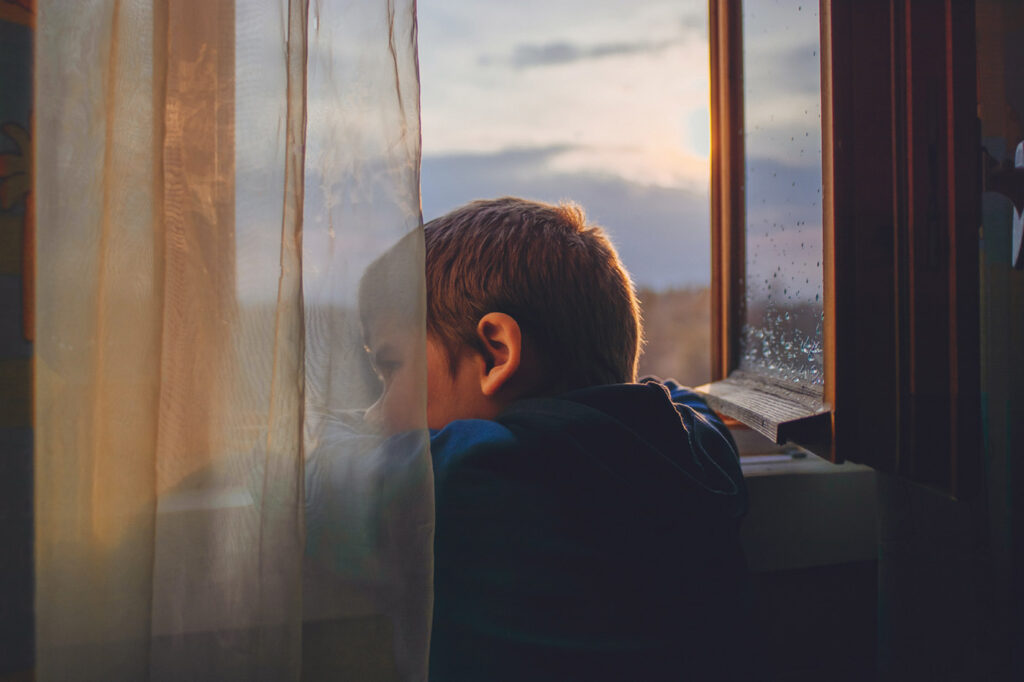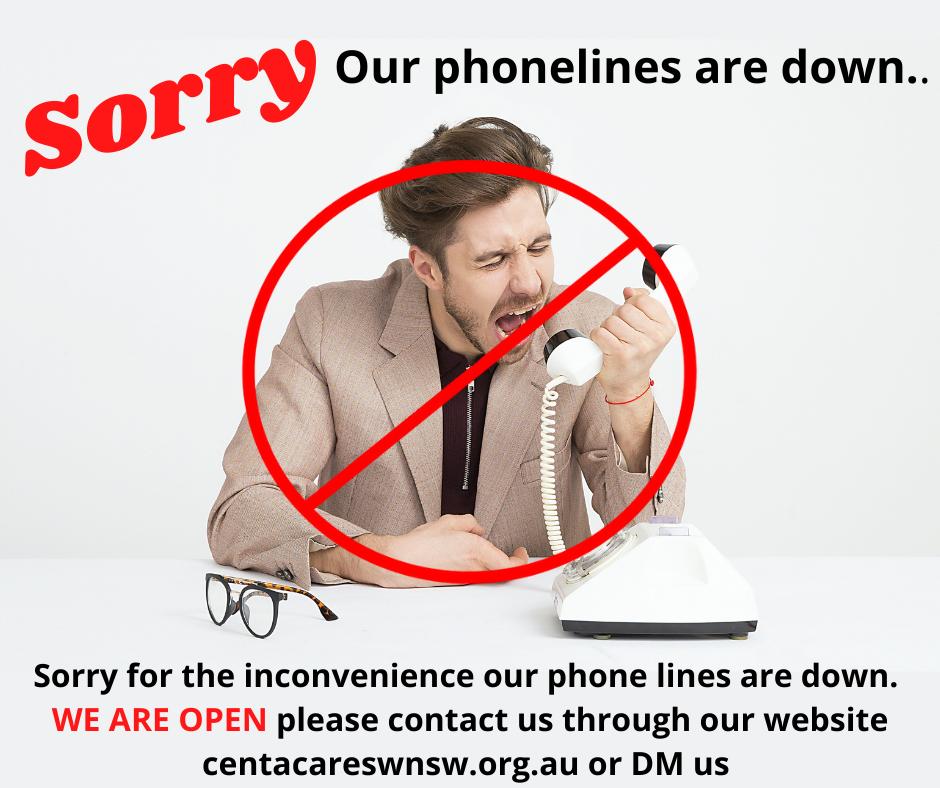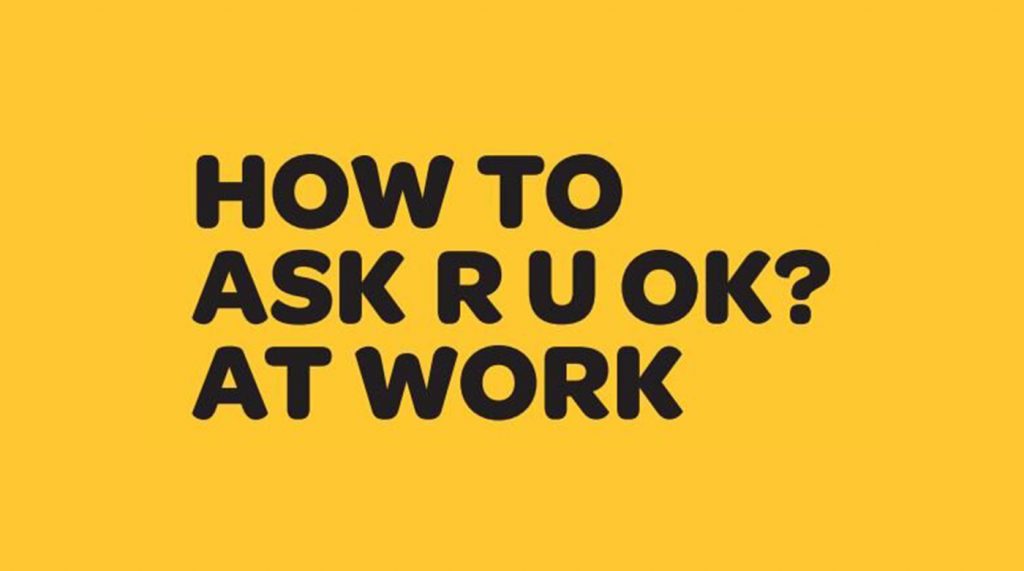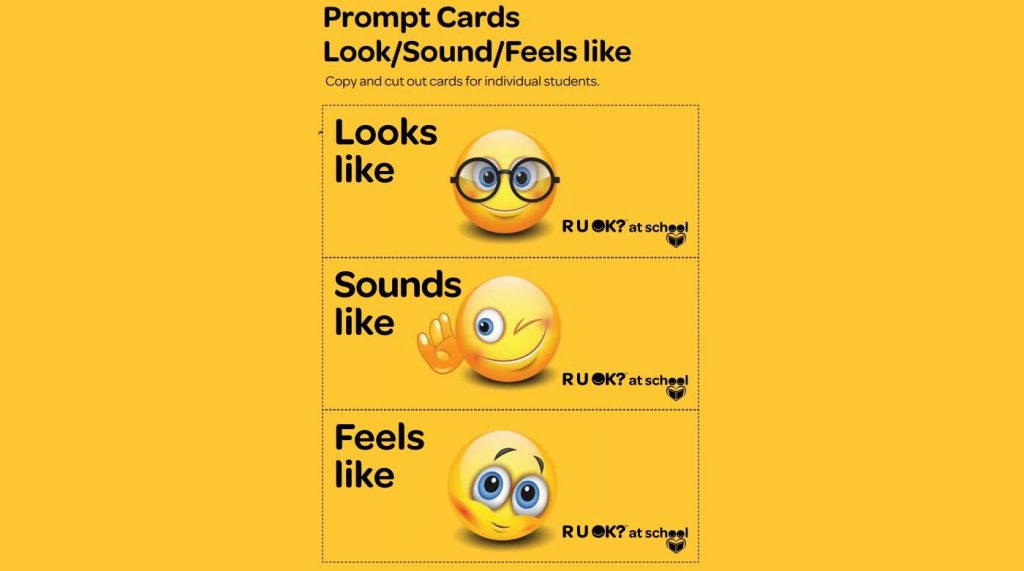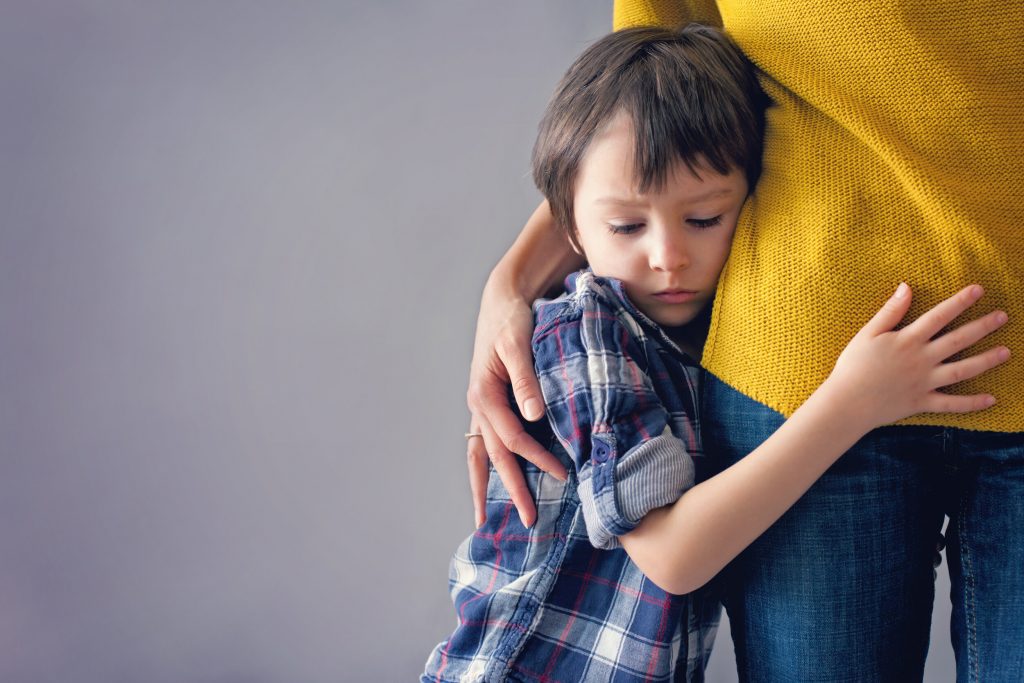Having recently graduated as a qualified counsellor, for a specific mental health assignment whilst at University, I researched postnatal depression affecting men. Whilst I received high marks for my research assignment, its important I inform readers that I cannot diagnose postnatal depression or give advice about medications.
What is postnatal depression?
Postnatal depression is a condition that can be debilitating and is affected by the birth of your new baby. While postnatal depression is seen to be more common in women, men are affected by it too. Depression by itself can be challenging for someone to experience. Adding a significant change, such as a baby, can significantly impact how each person copes with the new changes. Postnatal depression can affect you physically, emotionally, your behaviour, and the way you think. Going through the new change of having a baby in your life can be stressful for parents. When these changes last longer than two weeks, this potentially could be a sign of postnatal depression.
When can postnatal depression appear?
Postnatal depression can happen any time between your baby’s birth and their first birthday. Some people who are affected by postnatal depression can be affected during the pregnancy. Your symptoms may be mild, moderate, or severe. No matter what the severity, you have help available to you.
What are the statistics?
For every ten fathers in Australia, one would experience some sort of mental health condition around the time their baby is born. It is only within the last decade that studies started identifying that postnatal depression affects men too. Men who are at higher risk of being affected by postnatal depression are young fathers, are of lower socioeconomic status, have previously had depression, or their partner is affected by postnatal depression.
For every three fathers, at least one of them was unaware that postnatal depression affected both the mother and father. Not many people have heard of postnatal depression affecting men. However, it is becoming more common for men to be affected by postnatal depression from taking on more responsibility with their children. Fathers are attending to the needs of their baby by waking in the night, settling their crying baby, changing nappies, playing with their baby, as well as the everyday stressors of life.
Symptoms of postnatal depression:
- Panic attacks.
- Losing weight because you are not eating enough food.
- Worrying about the safety of your baby.
- Mood swings.
- Feeling down or sad.
- Crying for no particular reason.
- Tired and lack of energy.
- Lack of interest in your usual day to day activities (including spending time with your partner).
- Sleeping more or less than usual.
- Spending more time at work than with your family.
- Lack of interest in being intimate with your partner.
- Distancing yourself from your family and friends.
- Easily annoyed.
- Difficulty remembering, focusing or concentrating – may find it hard to make decisions you used to make quickly before.
- Abusing alcohol or drugs
- Thoughts of harming your baby
- Suicidal thoughts
What happens if it is left undiagnosed?
If you believe you may have postnatal depression, it is crucial to seek help. When you and your partner have another baby, it potentially could come.
- It may develop into severe depression.
- Could cause suicidal thoughts.
- You could cause harm to your baby.
When the mother or father is affected by postnatal depression, it can have a negative impact on their child’s social, behavioural, and cognitive development. Studies have shown that the parent’s child could have psychological and behavioural problems later in life.
Conclusion
- Postnatal depression affects men and women.
- Postnatal depression affects you physically, emotionally, behaviourally, and your thinking.
- Postnatal depression can happen between your baby’s birth and their first birthday.
- One in ten fathers are affected by postnatal depression.
- One in three fathers are unaware that postnatal depression affects both the mother and the father.
- It is crucial to seek help if you think you may have postnatal depression.
Reference
Beyond Blue. (n.d.). Statistics: Perinatal. https://www.beyondblue.org.au/media/statistics
If you believe you are experiencing postnatal depression, talk with your GP or contact Centacare to speak with a counsellor.









